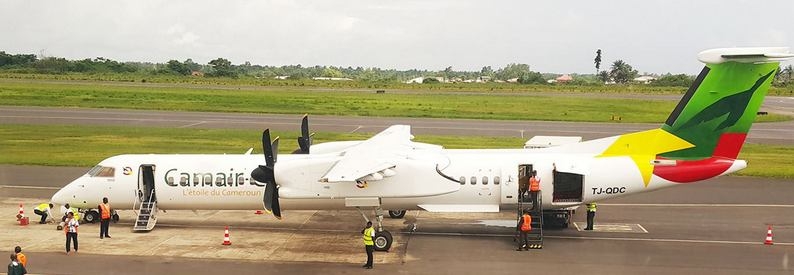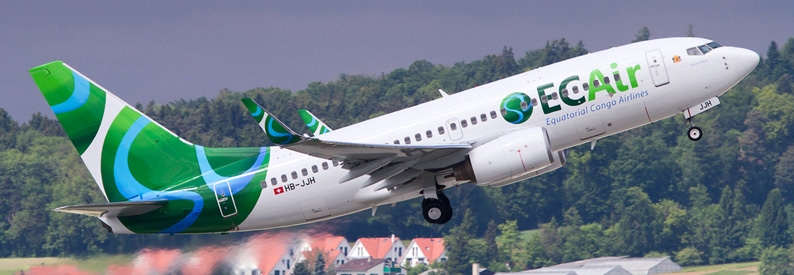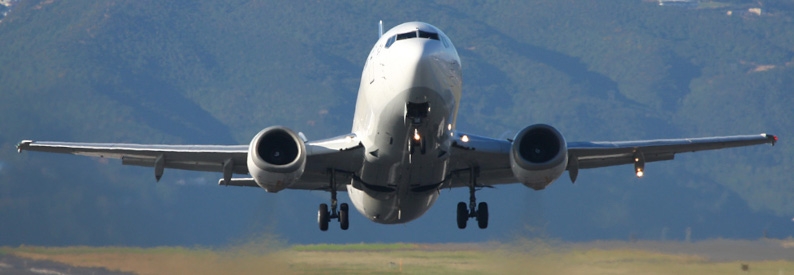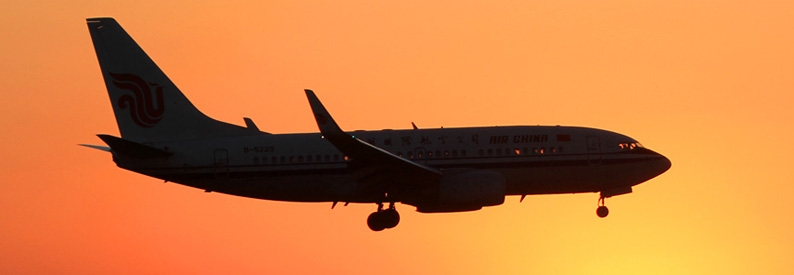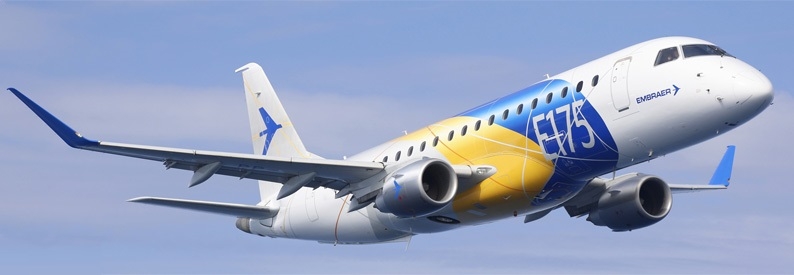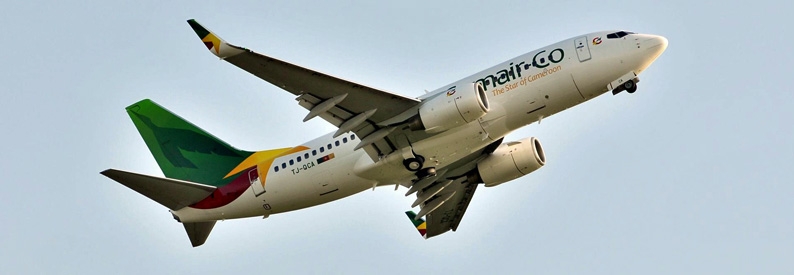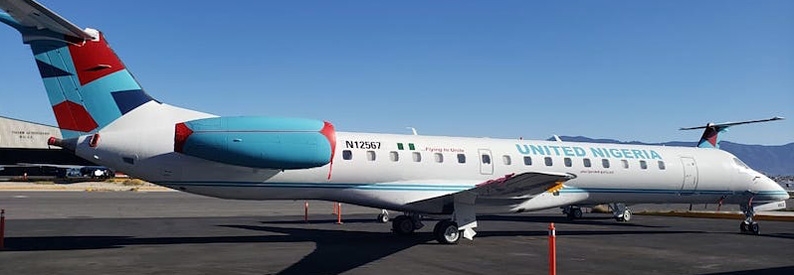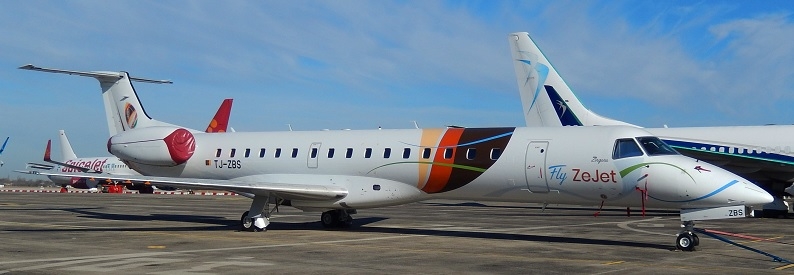Camair-Co (QC, Douala) is amongst four state-owned enterprises to be placed under a performance contract by November 2023 in line with Cameroon's commitment to improve the viability of its public enterprises under the supervision of the International Monetary Fund (IMF).
This is according to the IMF's Fourth Review in July 2023 of its Extended Credit Facility (ECF) and Extended Fund Facility (EFF) to Cameroon, which allowed for an immediate disbursement of about USD73.6 million to the West African country. The latest allocation brings total IMF disbursements to Cameroon under the arrangements to about USD493.6 million.
While the medium-term outlook for the country remains positive, provided reforms continue, the IMF called for structural reforms to be accelerated. According to the IMF, the Cameroonian government has committed to strengthening public enterprise management and the performance of its SOEs to improve service delivery and limit fiscal risks.
To this end, diagnostic studies have been completed at four state enterprises - the technically-bankrupt national carrier Camair-Co; the Port Authority of Douala (PAD); Cameroon Telecommunications (CAMTEL); and Cameroon Water Utilities Corporation (CAMWATER). In the first phase, these companies will be placed under performance contracts by November 2023 which will specify their obligation to meet a public service mission, the evaluation of unit costs (as a basis for paying subsidies) and quality indicators to be published with evaluation reports.
During the second phase, the government will gradually reduce subsidies to underperforming public enterprises. Large industrial SOEs, notably PAD, will be listed on the Central African Stock Exchange (BVMAC). A planned listing of Camair-Co is not mentioned in the IMF report.
Still, as reported, the airline's possible listing was alluded to in a report of a technical committee for the rehabilitation of SOEs (Commission Technique de Réhabilitation des Entreprises du Secteur Public - CTR). In 2020, Cameroon's president, Paul Biya, also told the government to urgently develop a plan that restructures and revives Camair-Co to facilitate selling off 51% to a strategic private investor.
According to the CTR, Camair-Co needs to clean up its balance sheet and consolidate its financial standing before any divestment. To settle part of its liabilities, it would transfer its overall debt as of December 31, 2020, to the Cameroonian state and undergo financial restructuring. The government would then set up a civil aviation fund to compensate the state-owned carrier for losses on domestic routes.
Yet the IMF recommends that government subsidies to SOEs be better prioritised. "As part of the diagnostic studies of each public enterprise, the authorities will assess the subsidies with the aim of reducing those allocated to the weakest performance. In this context, the authorities have initiated a study to be finalised in November 2023 of all the approved or administered prices of the products of public enterprises with the aim of reviewing, if necessary, their formula for determining prices and/or their possible liberalisation," it stated.
Camair-Co has been loss-making since its inception in 2011. It ended 2021 with negative equity of XAF115 billion Central African francs (USD190.4 million) against a share capital of XAF21.8 billion (USD36.1 million), meaning the airline is technically insolvent.
Camair-Co was the subject of a recovery plan proposed by Boeing Consulting in 2016, which included settling its debt at the time, injecting new capital, resizing its network, and modernising its fleet, but the plan was never implemented.
The airline has a fleet of nine aircraft, of which only five are in service. The fleet includes two B737-700s (of which only one is active); one parked B767-300ER; two DHC-8-Q400s, two parked MA-60s, one EMB-135LR and one EMB-145LR (both wet-leased), according to the ch-aviation Commercial Aviation Aircraft Data module.

